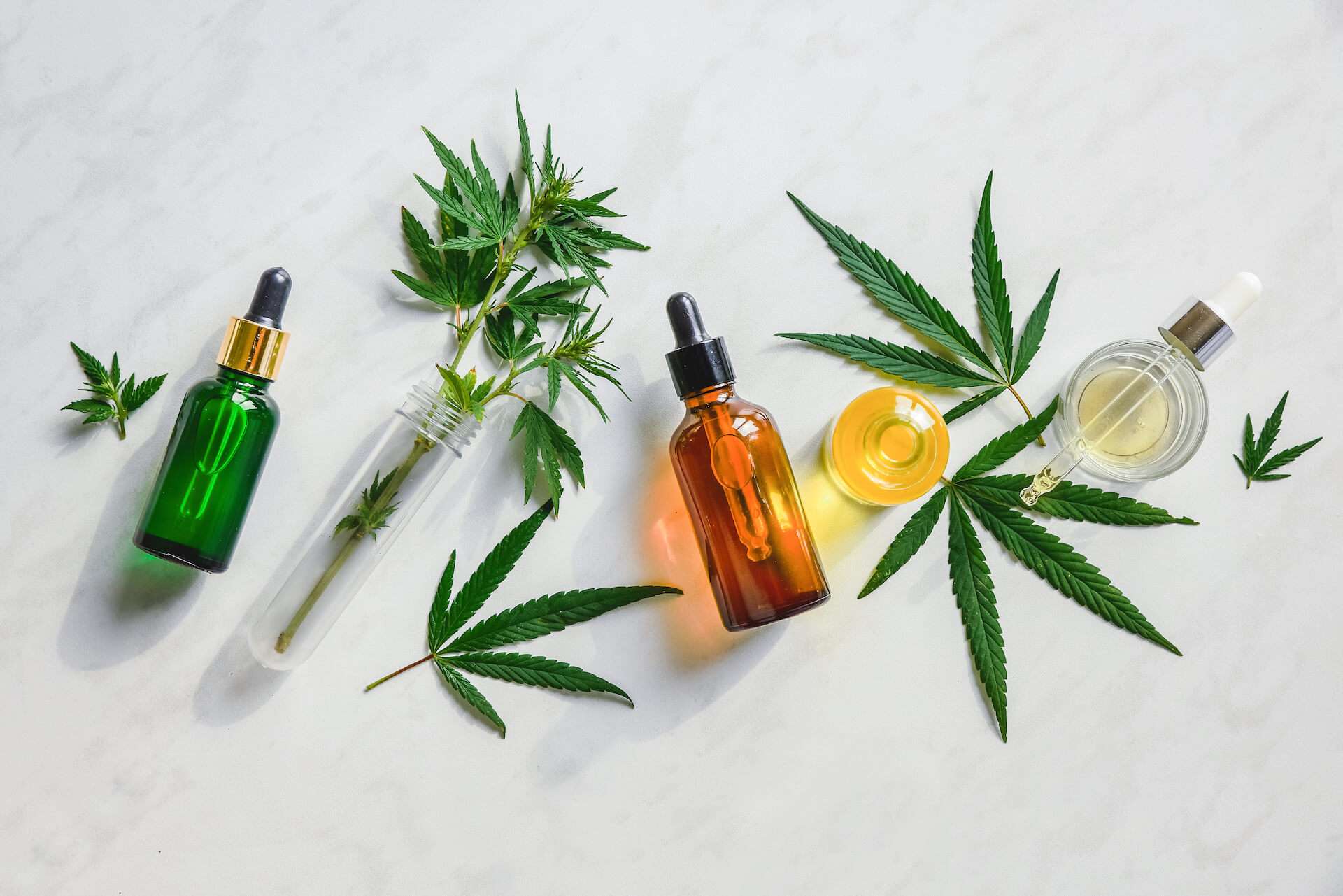The cannabidiol controversy of CBD effect

CBD Definition:
Cannabidiol, or CBD for short, is an ingredient in the well-known hemp plant species Cannabis sativa and was first published by Swedish naturalist Carl von Linné. Unlike THC (as in smoking marijuana), CBD cannot cause a state of intoxication when ingested and therefore has no psychoactive effects. Cannabidiol cannot be prescribed in its pure form, which is why it is only available in combination with THC. Following an expansion of the options for prescribing cannabis medicines in 2017, patients must now obtain CBD themselves from pharmacies, drugstores or online.
However, less data currently exists on cannabidiol from studies than on THC (i.e., tetrahydrocannabinol), which may be because CBD has not been the focus of medical research for some time. Because the mechanisms of action have long been unclear and more difficult to measure than the effects for THC, it is hard to find widespread clinical studies that can demonstrate positive effects.
Effect properties:
Since CBD is not a licensed drug but is traded as a dietary supplement, its effects do not necessarily have to be proven. Exactly how cannabidiol works is not yet known. However, it is believed that CBD can enhance the effects of other medications. Currently, there are two recognized and scientifically established uses of cannabidiol.
For almost two years, the substance has been approved for the treatment of severe forms of epilepsy Lennox-Gastaut and Dravet syndrome (i.e. mostly occurs in children between the ages of two and six). In this regard, the anticonvulsant (i.e., anticonvulsant) function of CBD has been relatively well established. Research suggests that cannabidiol alters the concentration of calcium within human neurons. This can cause side effects in the form of changes in liver metabolism, which means that liver levels should be monitored regularly during drug treatment.
In addition, CBD is used as a component of the active ingredient nabiximols for the treatment of muscle spasms in patients with multiple sclerosis due to its anticonvulsant properties. For all other uses, sufficient evidence of efficacy is currently lacking
Proven effects:
Unlike THC, CBD has a limited effect on specific receptors in the body. However, according to research, another function has been identified, as CBD not only regulates calcium concentration, but also controls some hormonal systems. These include serotonin and adenosine, two neurotransmitters that can be affected in the process. Why this ends up having an antispasmodic effect, however, has not yet been researched in detail.
Cancer therapy:
In cancer therapy, certain active ingredients from the hemp plant are also said to be suitable for treating tumor pain and alleviating the side effects of chemotherapy. In this regard, the cannabinoids suitable for this purpose mainly serve as an additional treatment method. A 2018 clinical trial published in the scientific journal Anticancer Research examined the effects of pharmaceutical-grade synthetic cannabidiol on a number of cancer patients. This involved 119 cancer patients with breast cancer and glioblastoma (i.e. brain tumor) being treated with CBD in an oily solution for at least six months. 28 subjects took CBD alone, while the remaining participants combined CBD with nabiximols (i.e., combination of THC and CBD) or other medications. In the process, metastases decreased in some patients, cancer cells spread more slowly in others, and the rest showed no change. Despite promising study results, CBD is just beginning to be used in medical applications. However, a causal relationship between the effects of CBD and THC on tumor pain and metastases has not yet been fully proven.
Note: The content in this article is merely a transfer of information and is not a concrete recommendation for action that replaces a visit to the doctor. In order to prevent possible interactions, you should always consult your doctor before taking any medication.
Conclusion:
Several tests in laboratories indicate an effect in the areas of application, but more detailed research and clinical testing is needed before a clear positive effect can be described with enough evidence.
Sources
- Kenyon, Julian & LIU, WAI & DALGLEISH, ANGUS. (2018). Report of Objective Clinical Responses of Cancer Patients to Pharmaceutical-grade Synthetic Cannabidiol. Anticancer Research. 38. 5831-5835. 10.21873/anticanres.12924.
- Translational Investigation of the Therapeutic Potential of Cannabidiol (Frontiers)
- Hat Cannabidiol eine Wirkung (NDR)
- Interview CBD-Experte (idowa.de)
- Cannabinoide Onkologie (Netdoktor)
- Cannabinoide Epilepsie

Danilo Glisic
Last updated on 29.10.2020
Your personal medication assistant
Browse our extensive database of medications from A-Z, including effects, side effects, and dosage.
All active ingredients with their effects, applications, and side effects, as well as the medications they are contained in.
Symptoms, causes, and treatments for common diseases and injuries.
The presented content does not replace the original package insert of the medication, especially regarding the dosage and effects of individual products. We cannot assume liability for the accuracy of the data, as the data has been partially converted automatically. Always consult a doctor for diagnoses and other health-related questions.
© medikamio